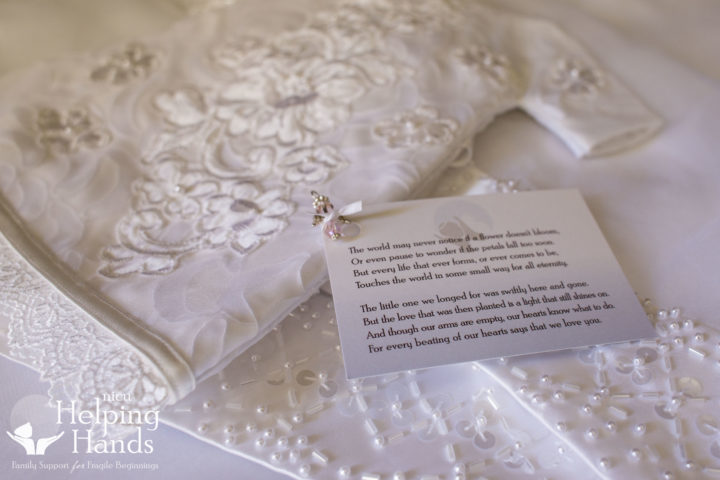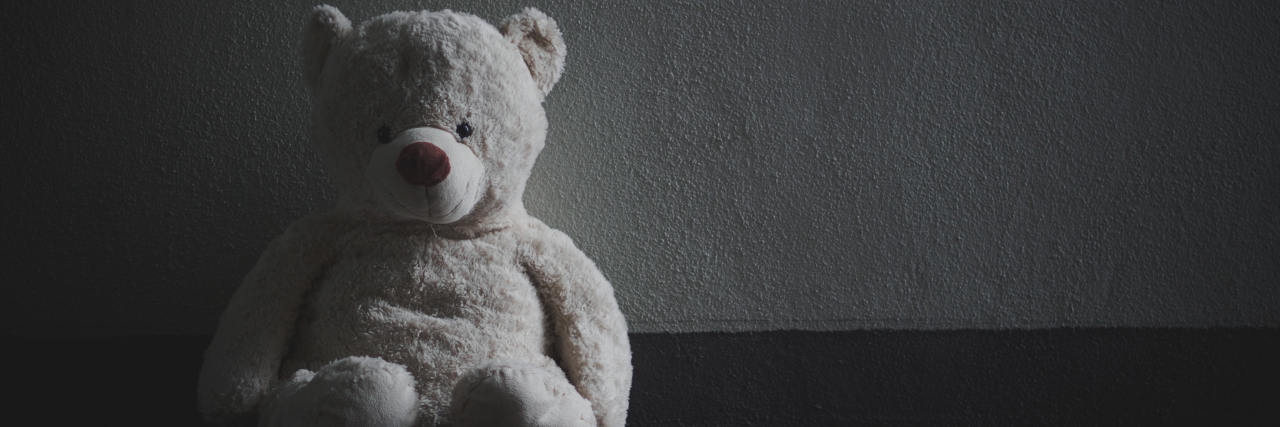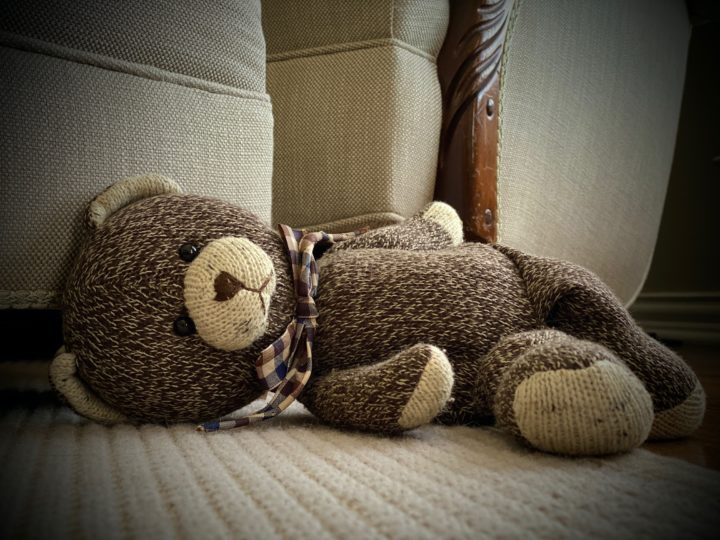The death of a child is traumatic. When others rank your grief based on how long your child lived they diminish your experience and emotions. Ranking someone’s grief is wrong. I recently read the article “What the Loss of a Child Does to Parents, Psychologically and Biologically.”Overall it provides good information about the toll the death of a child has on parents mentally and physically. However, before I made it two sentences into the article I stopped on this statement:
“Though it’s not a terribly common experience in the United States – about 10,000 children between the ages of 1 and 14 died in 2018 – the horrific potential for childhood mortality looms large. While reassuring, the numbers also make plain why this one specific type of loss is so feared, so painful, and so stigmatized.”
What Deaths Are Counted?
The death of a child is traumatic, so why are children that die due to miscarriage, stillbirth, or ages birth to 1-year-old not included? According to the Centers for Disease Control and Prevention, in 2019 there were 9,173 children between the ages of 1 and 14 that died. In that same year, there were 20,291 infant deaths. Data currently available from the CDC also shows there are approximately 24,000 babies stillborn and 15-20% of all pregnancies end in miscarriage. All these numbers represent the death of children and parents impacted psychologically and biologically by their death. When talking about psychological and biological effects on a parent after a child dies we cannot exclude some deaths. The death of babies and children at any gestation and age impacts parents.
Diminishing Others Grief
While the article discussed the biological, psychological, and social impacts that show the death of a child is traumatic, I was appalled by this quote:
“One of the most salient predictors of trauma is the age of the child. Miscarriages and stillbirths are devastating and made worse by the fact that the loss is often diminished by the public perception that a fetus is not a fully-formed child. But “is it as devastating as the death of a child who has been alive for many years? Not to diminish this experience, but I think not,” Carr says.
The quote from Carr absolutely diminishes the experience of losing a child through miscarriage or stillbirth. This is a clear example of ranking someone else’s grief and is grossly inaccurate. It negates the emotions of the 29,464 parents in 2019 who experienced stillbirth and infant death, not to mention the emotions of 15-20% of women who experience the loss of their child due to miscarriage.
The Death of a Child: Who Decides What is Devastating?
Who decides what is devastating or hurts the most? The answer should always be –the parent decides. Nobody has the ability or the right to determine what is devastating for anyone else. NOBODY. It matters when a baby or child dies, regardless of how short or long they lived. When others rank grief it invalidates the emotions of parents. It makes it difficult for them to share their feelings, feel connected to their community, and ask for support, counseling, or other mental health services they might need. It communicates that it is wrong to feel sad over the death of their child and to be quiet about their loss because it isn’t “as devastating” as another loss. When others rank grief it adds excruciating injury to the already broken heart of a parent.
The Death of a Child: Your Child Matters
There is no hierarchy of grief, and it should never be ranked. The death of your child matters, regardless of when or how they died. We know that you long for others to acknowledge the importance of your child’s life. Having a strong support network where you can share your feelings in a safe and open manner is paramount to the grief process. Sharing memories, hopes, dreams, and disappointments are an important part of grieving and healing. Resources and support services are available. In addition to NICU Helping Hands, Mommies Enduring Neonatal Death (M.E.N.D), Share Pregnancy and Infant Loss Support, Grieving Dads, and Miscarriage Matters, Inc. offer support groups, mentoring, and education. You are not alone. If your child has died, we encourage you to seek out others who understand what you are feeling. Your grief matters and we are here to support you. 
Photo credit: spukkato/Getty Images


